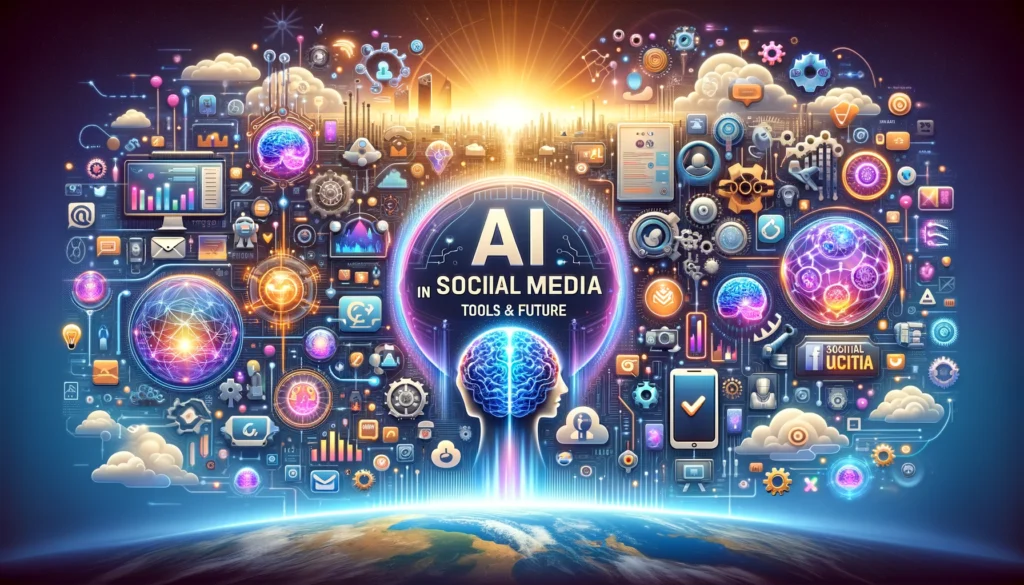Artificial Intelligence (AI) is no longer a futuristic concept — it’s a present-day reality transforming how businesses operate, compete, and grow. From automating repetitive tasks to predicting consumer behavior and enabling real-time decision-making, AI is driving innovation across industries. As we progress through 2025, several key trends are reshaping the AI landscape in business.
Hyper-Automation of Business Processes
Businesses are increasingly using AI-powered tools to automate everything from customer service to HR onboarding and financial reporting. This goes beyond traditional automation by integrating AI with machine learning (ML), robotic process automation (RPA), and analytics to streamline workflows and reduce operational costs.
AI-Driven Decision Intelligence
Organizations are embracing AI models to assist in making strategic decisions. By analyzing historical data, market trends, and predictive scenarios, AI enables leaders to make faster, data-backed choices, improving outcomes in areas like marketing, product development, and logistics.
Personalization at Scale
AI enables hyper-personalized experiences across marketing, sales, and customer service. Businesses are using AI to analyze customer preferences and behavior to deliver customized content, offers, and support — leading to higher engagement and conversion rates.
AI in Cybersecurity
With rising cyber threats, AI is being deployed to detect anomalies, predict potential breaches, and respond in real time. AI-driven security tools are becoming essential for protecting sensitive data and ensuring business continuity.
Conversational AI and Virtual Assistants
Chatbots and AI assistants are now smarter, more context-aware, and capable of human-like conversations. From automating customer support to helping with internal processes like scheduling meetings, conversational AI is becoming a mainstay in business operations.
AI-Powered Analytics and Forecasting
Businesses are using AI to gain deeper insights from large volumes of data. AI tools can detect patterns, forecast demand, and identify opportunities or risks that may not be obvious to human analysts.
Ethical AI and Transparency
As AI becomes more embedded in business processes, companies are focusing on building ethical AI frameworks. Transparency in AI decision-making and ensuring fairness, accountability, and compliance are becoming top priorities.
Industry-Specific AI Solutions
Custom AI solutions tailored for specific industries — like healthcare diagnostics, retail inventory optimization, or financial fraud detection — are gaining traction. These focused tools are delivering faster ROI and better business impact.
Generative AI for Content Creation
AI tools are now being used to create text, images, video, and audio content. From product descriptions and blogs to ad creatives and internal documentation, generative AI is transforming content workflows and saving time.
Integration with IoT and Edge Computing
Businesses are combining AI with Internet of Things (IoT) and edge computing to make real-time decisions closer to the data source. This is especially relevant in manufacturing, logistics, and smart infrastructure.
Conclusion
The adoption of AI in business is no longer optional — it’s a necessity to stay competitive. As these trends continue to evolve, companies that strategically embrace AI stand to gain in productivity, efficiency, and innovation. The future belongs to businesses that not only adopt AI but integrate it intelligently and ethically into their operations.







Leave feedback about this